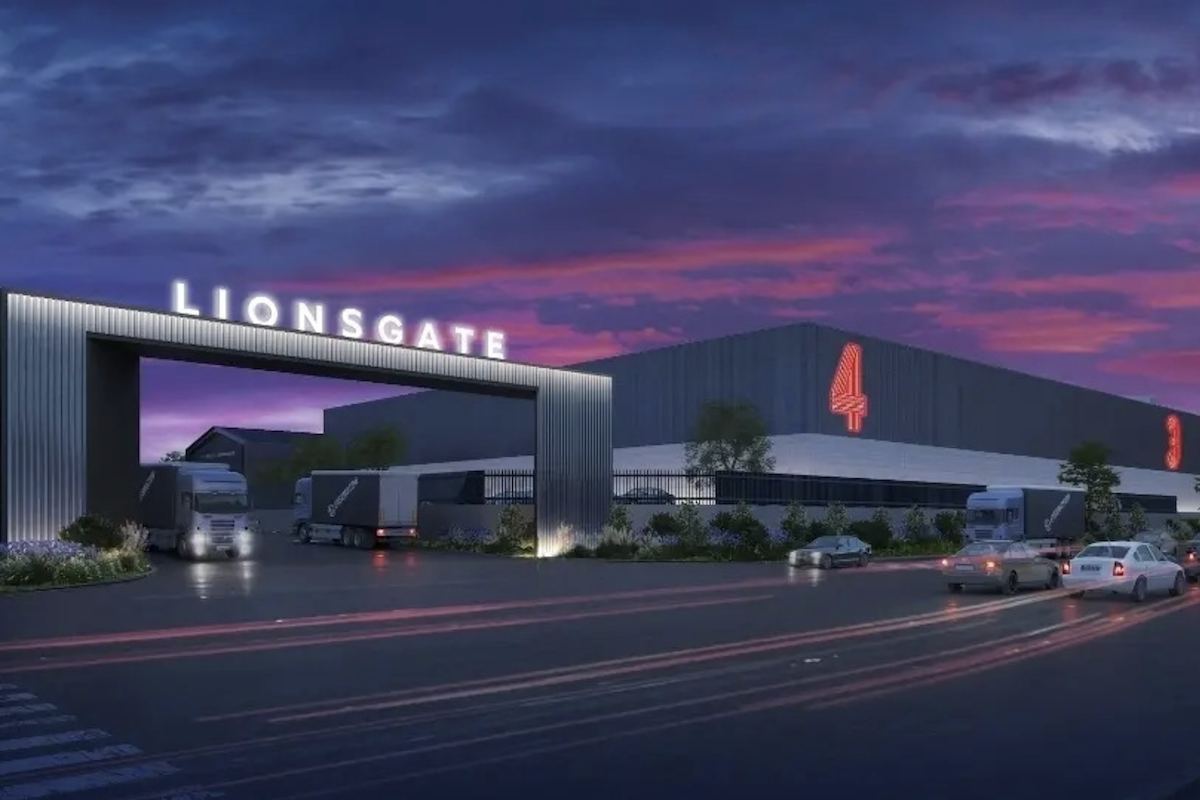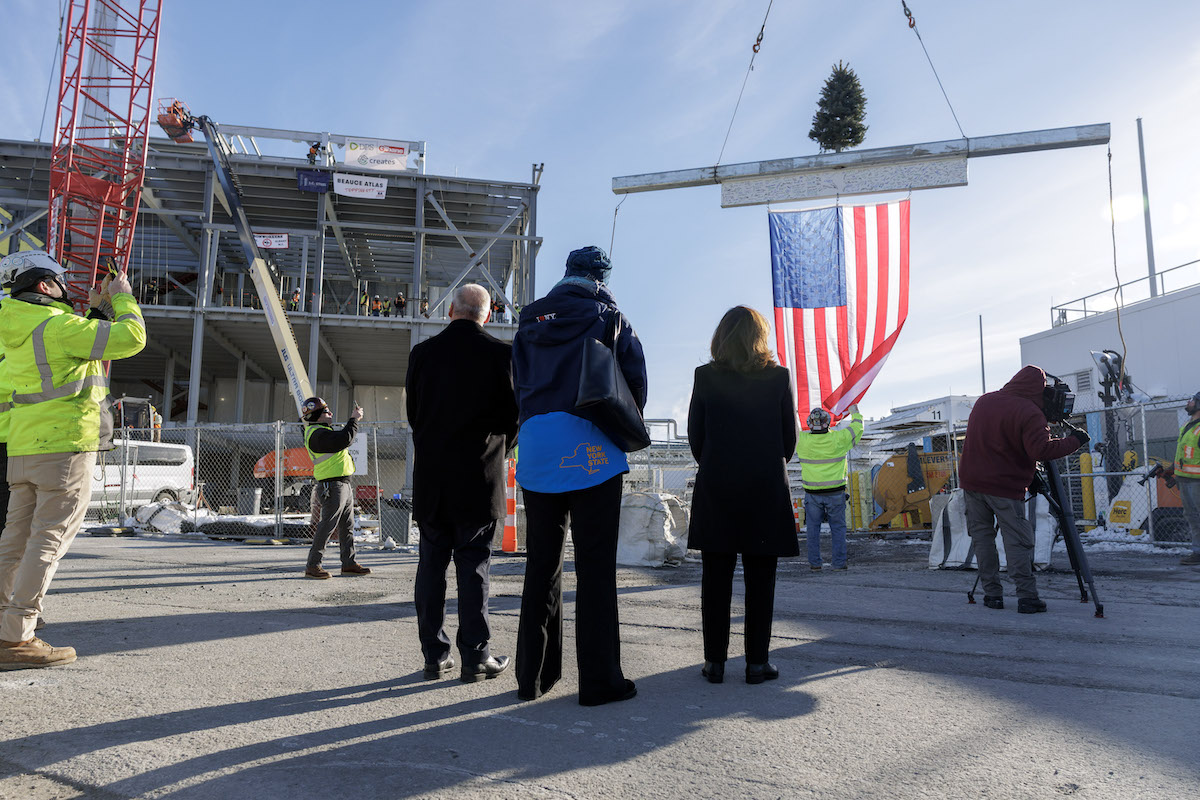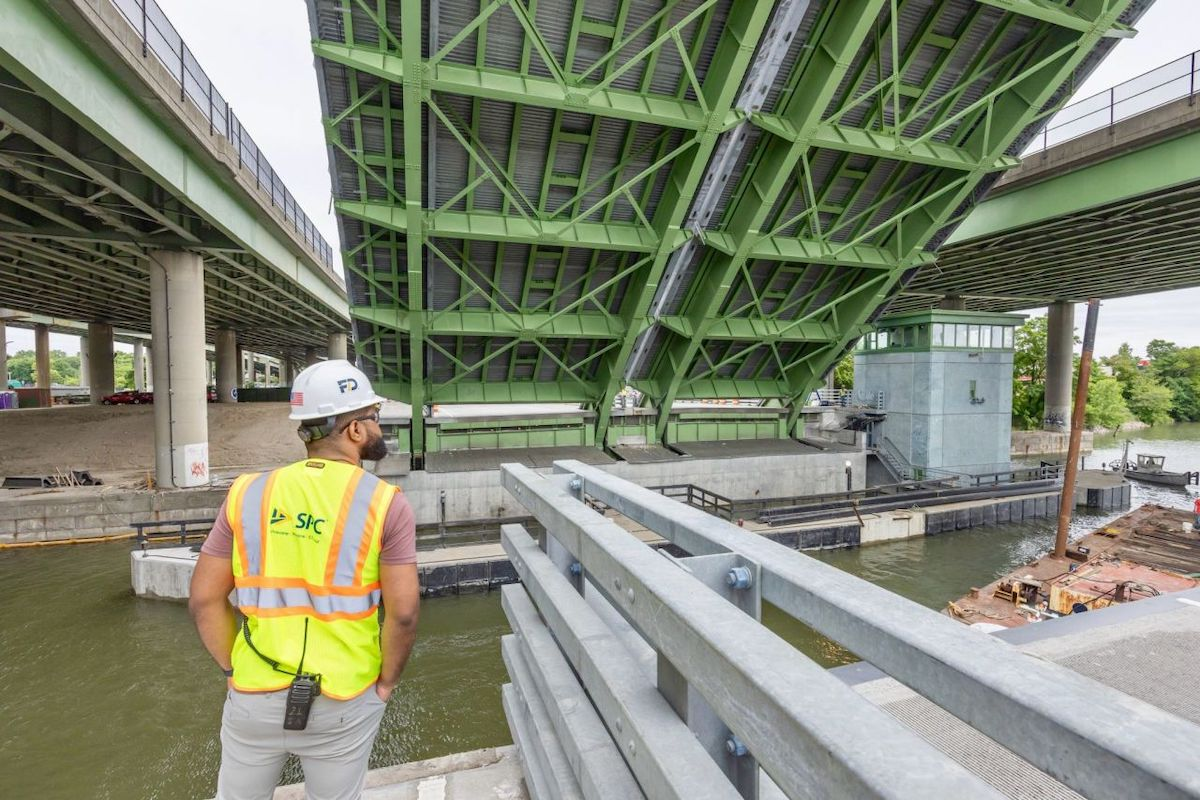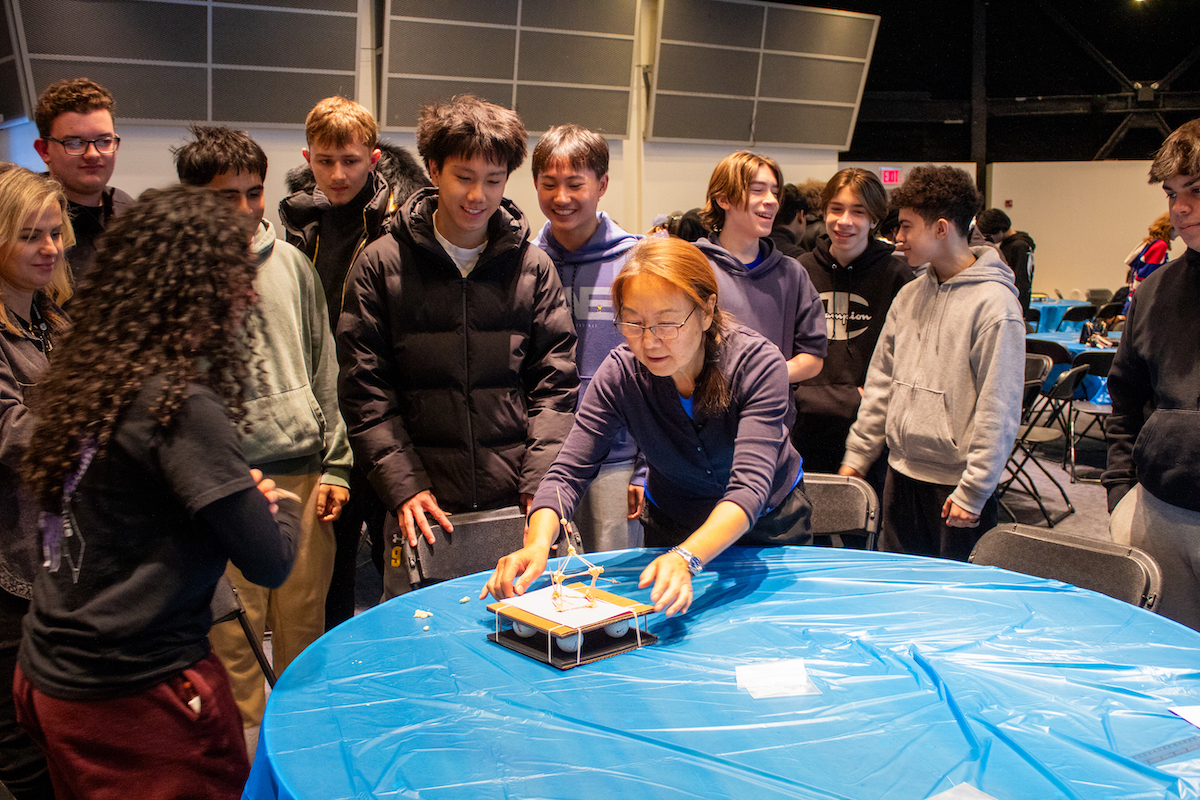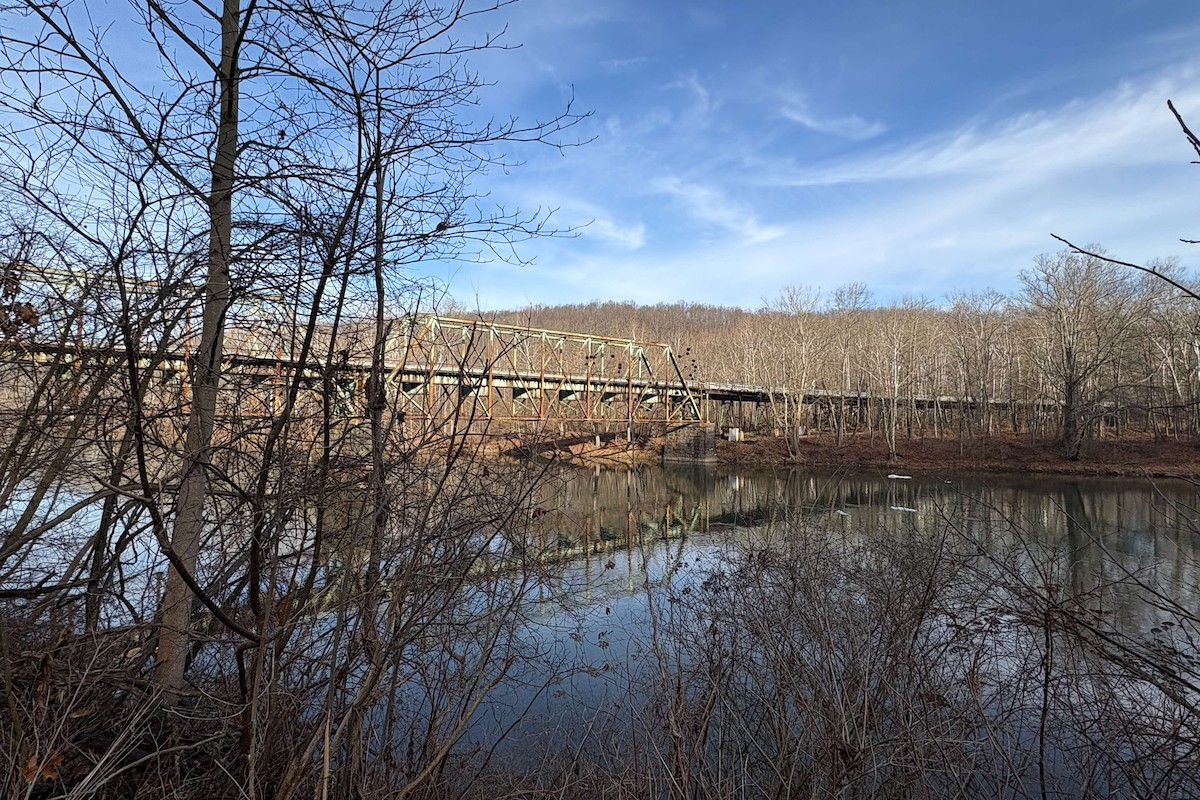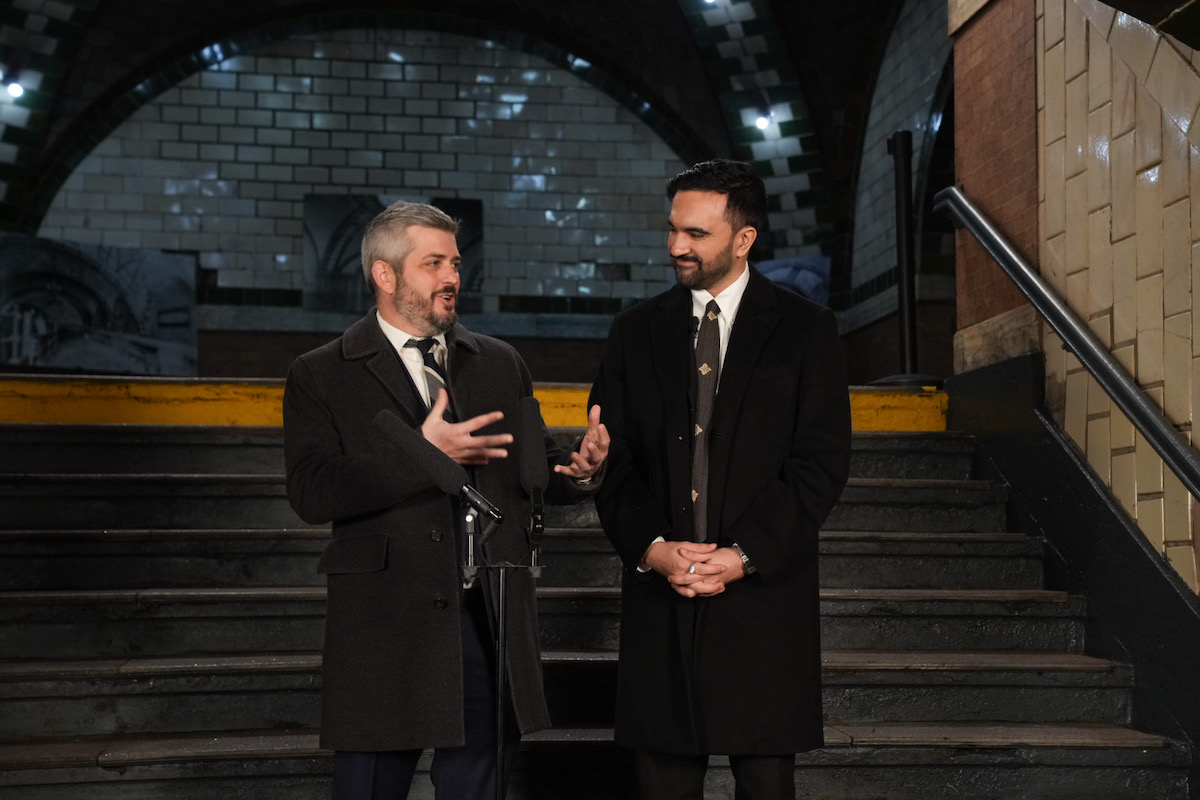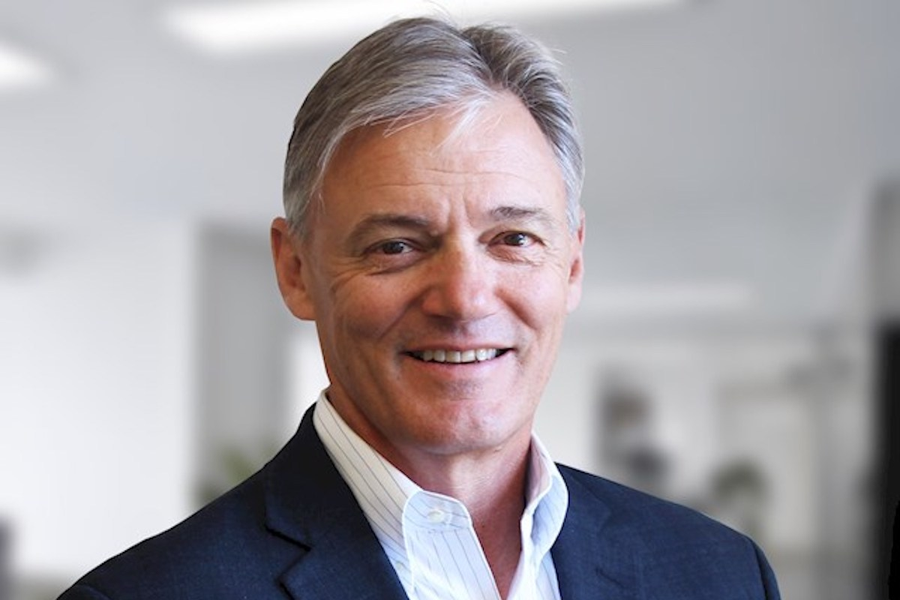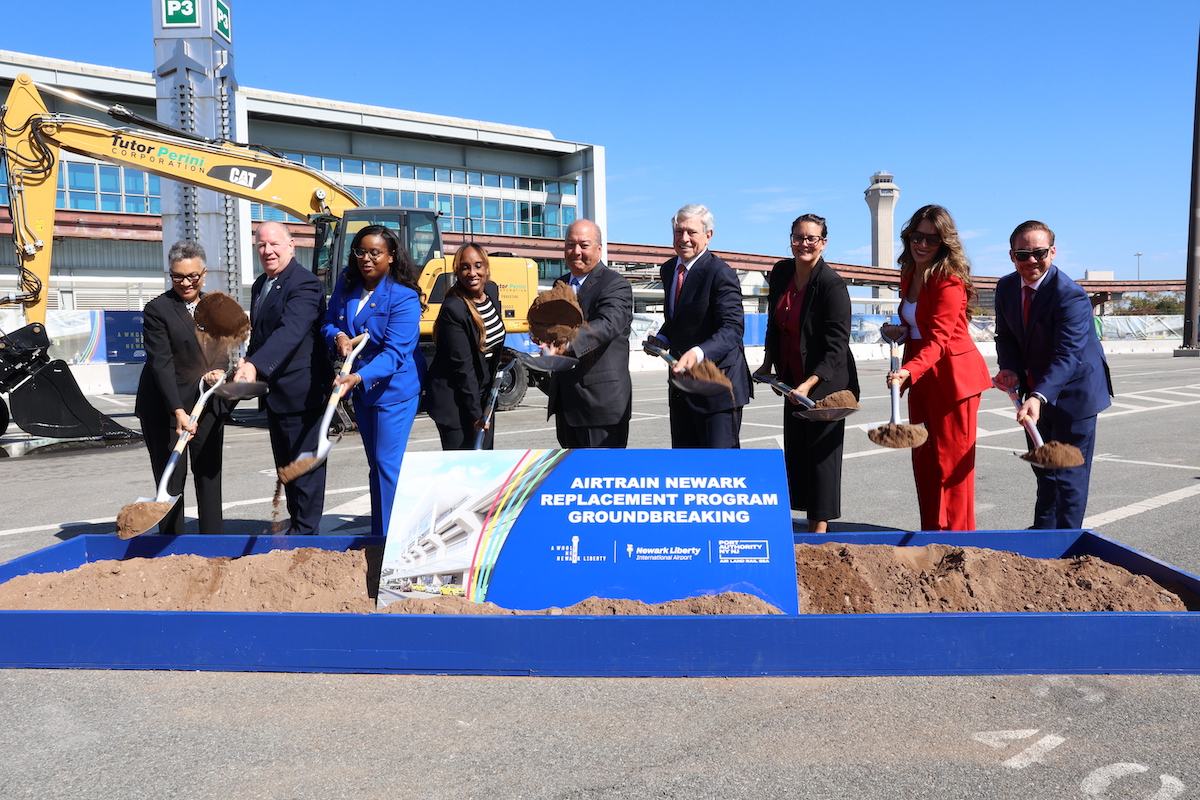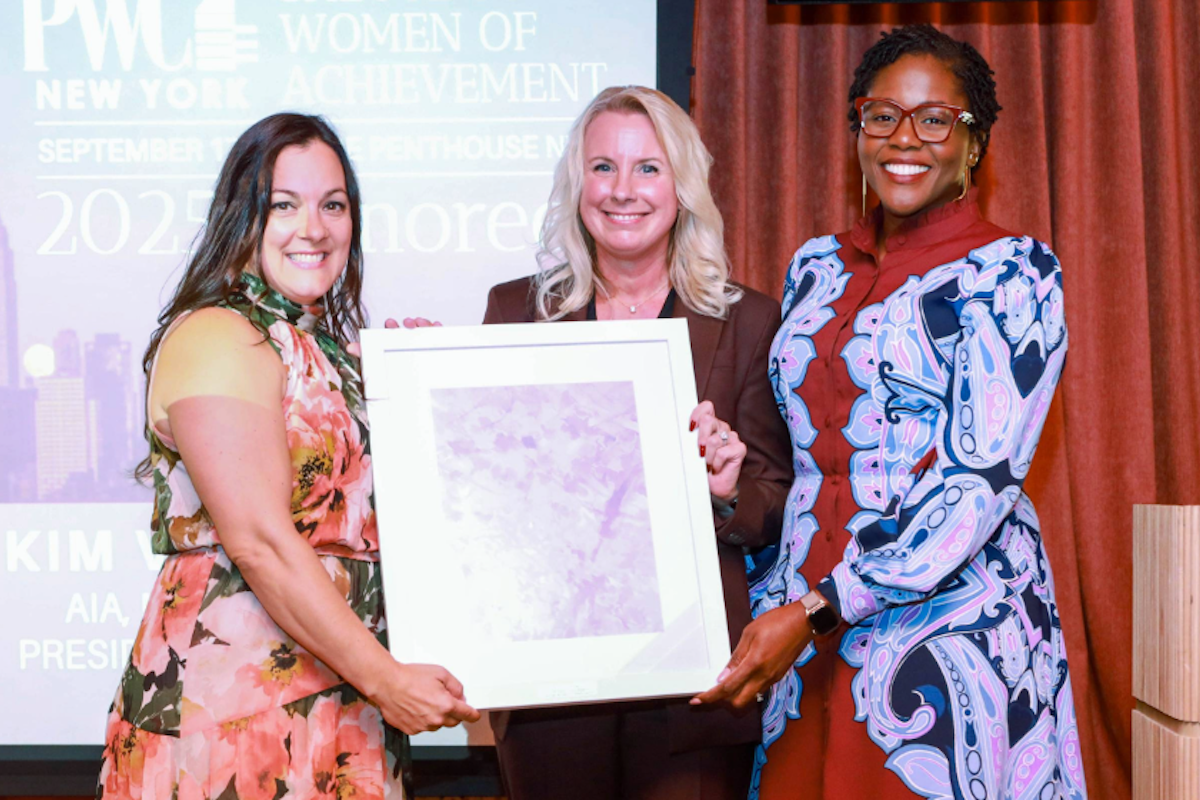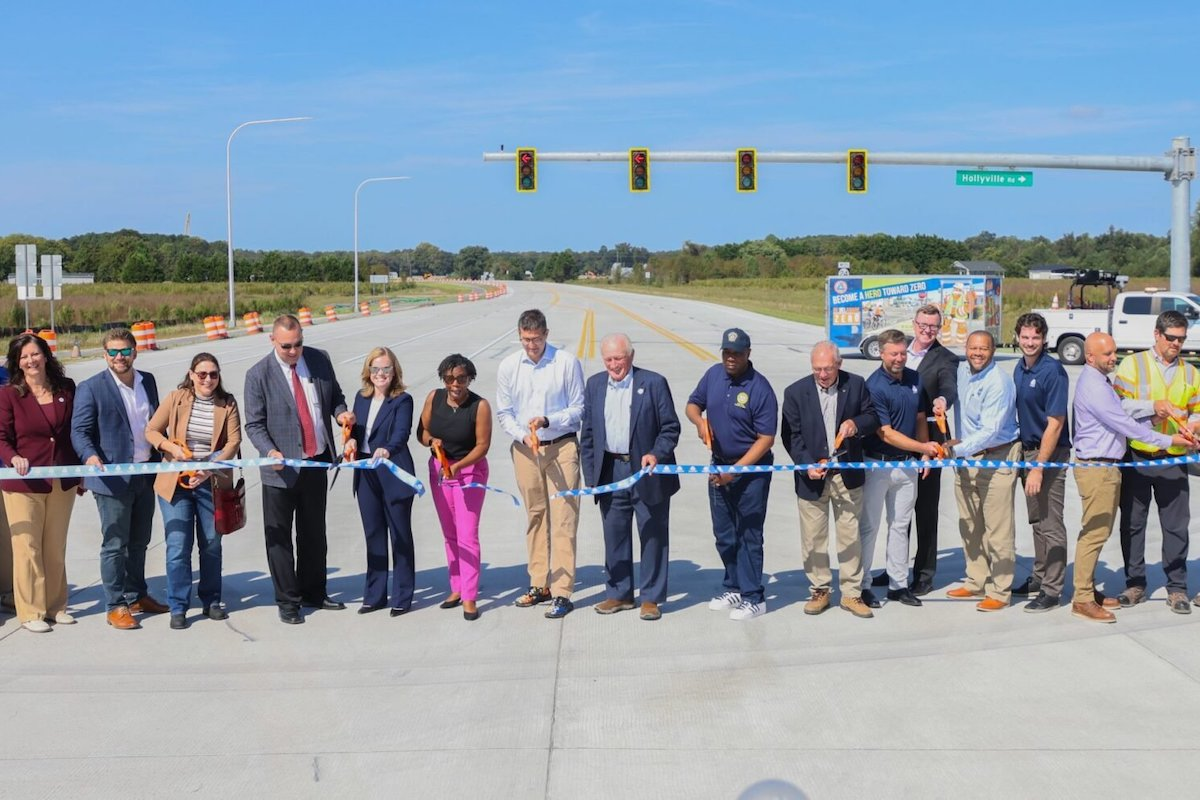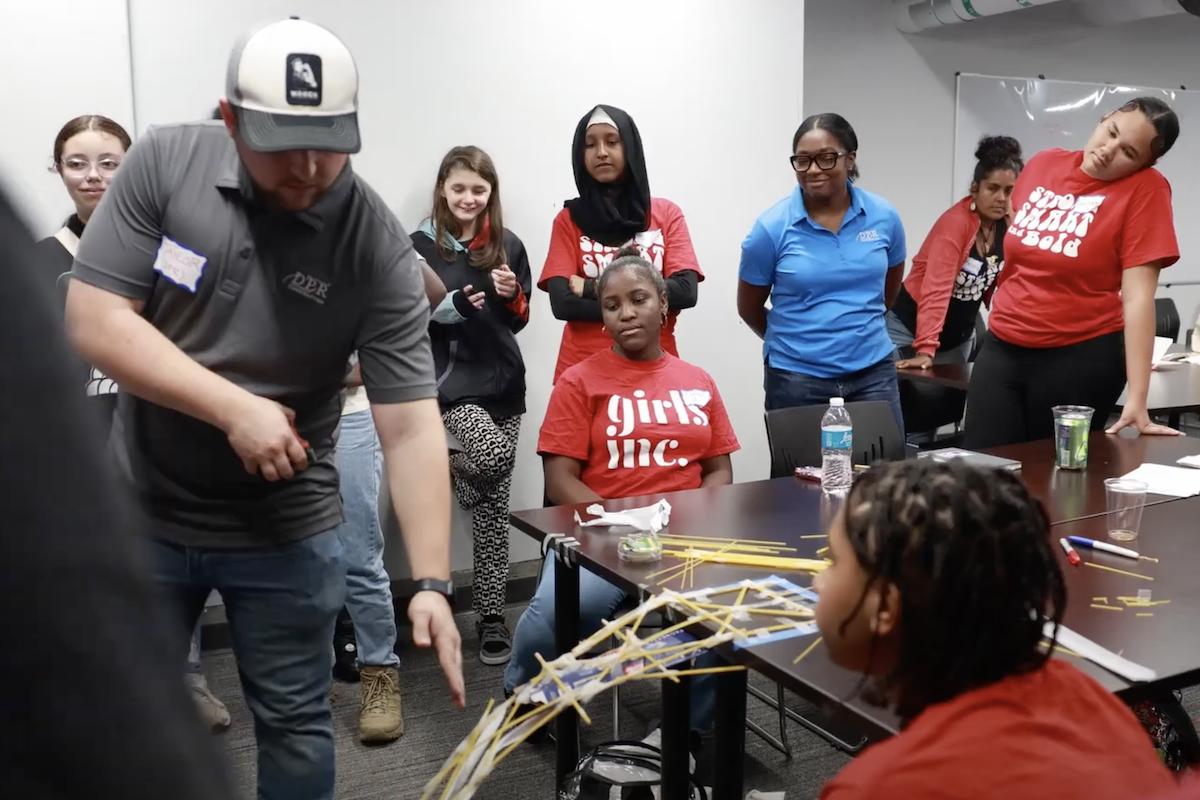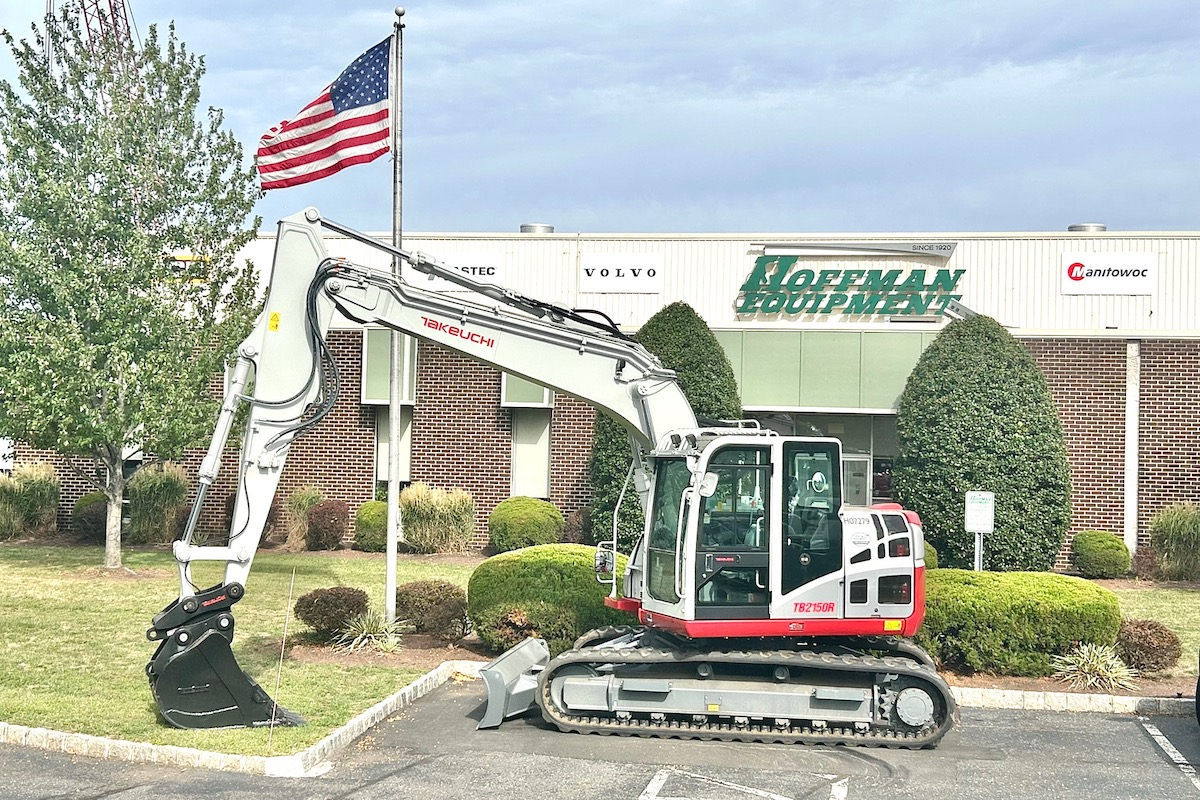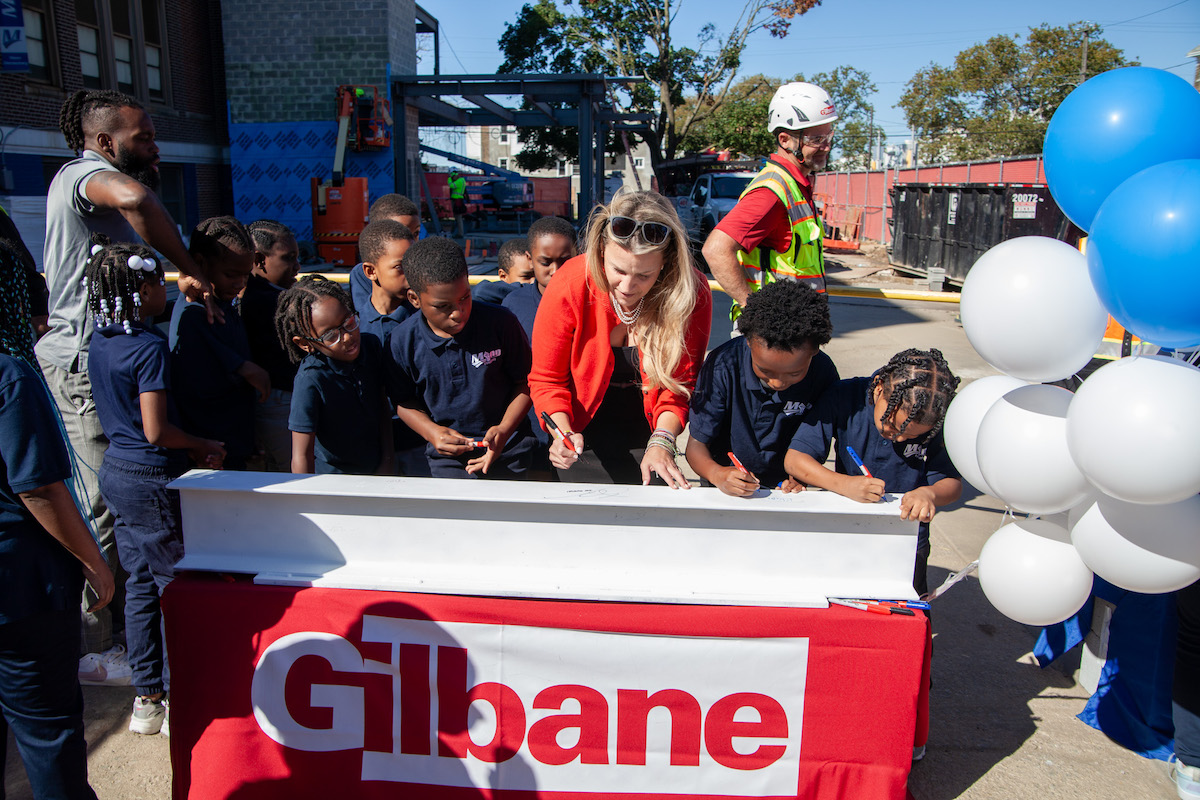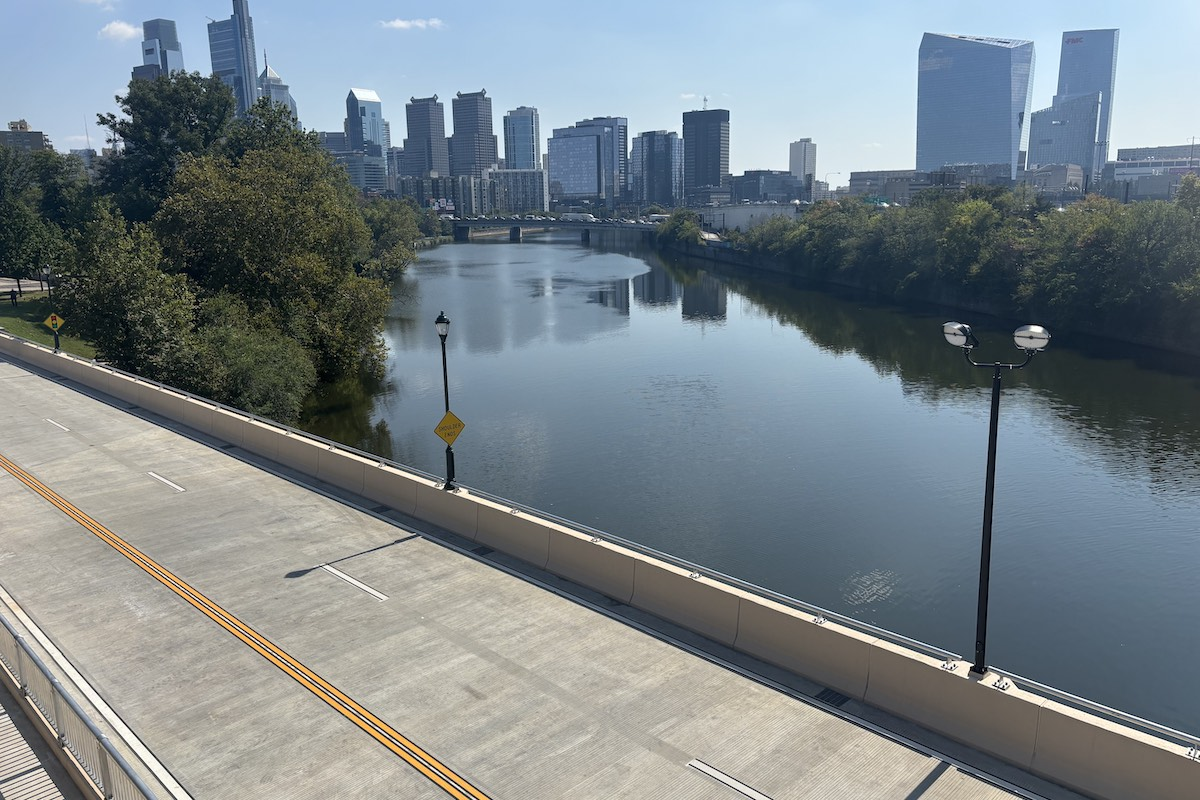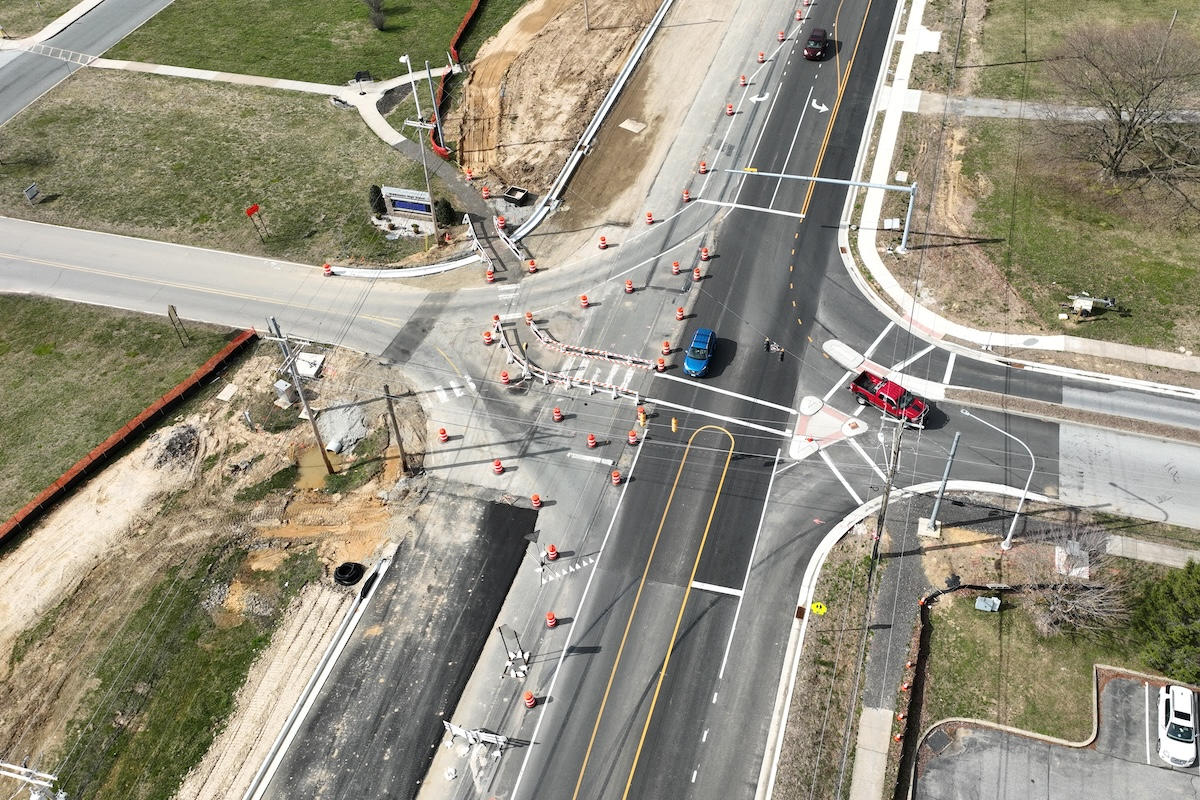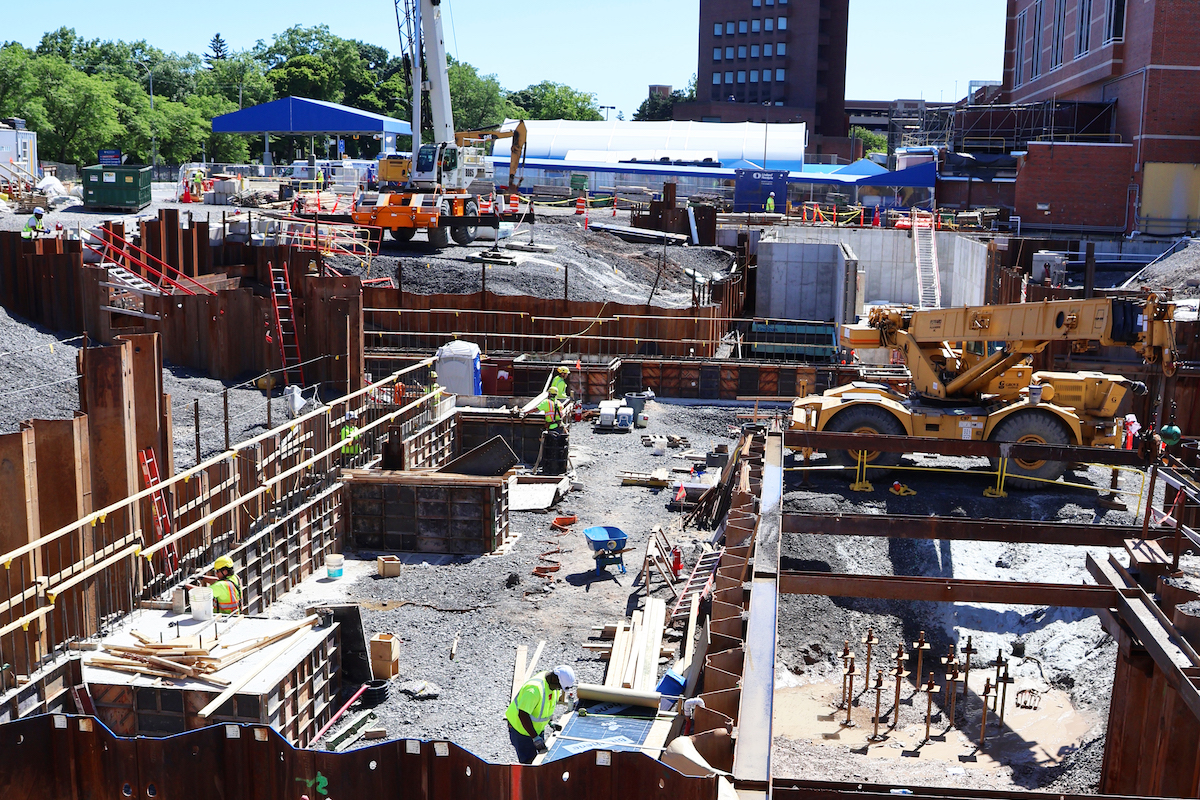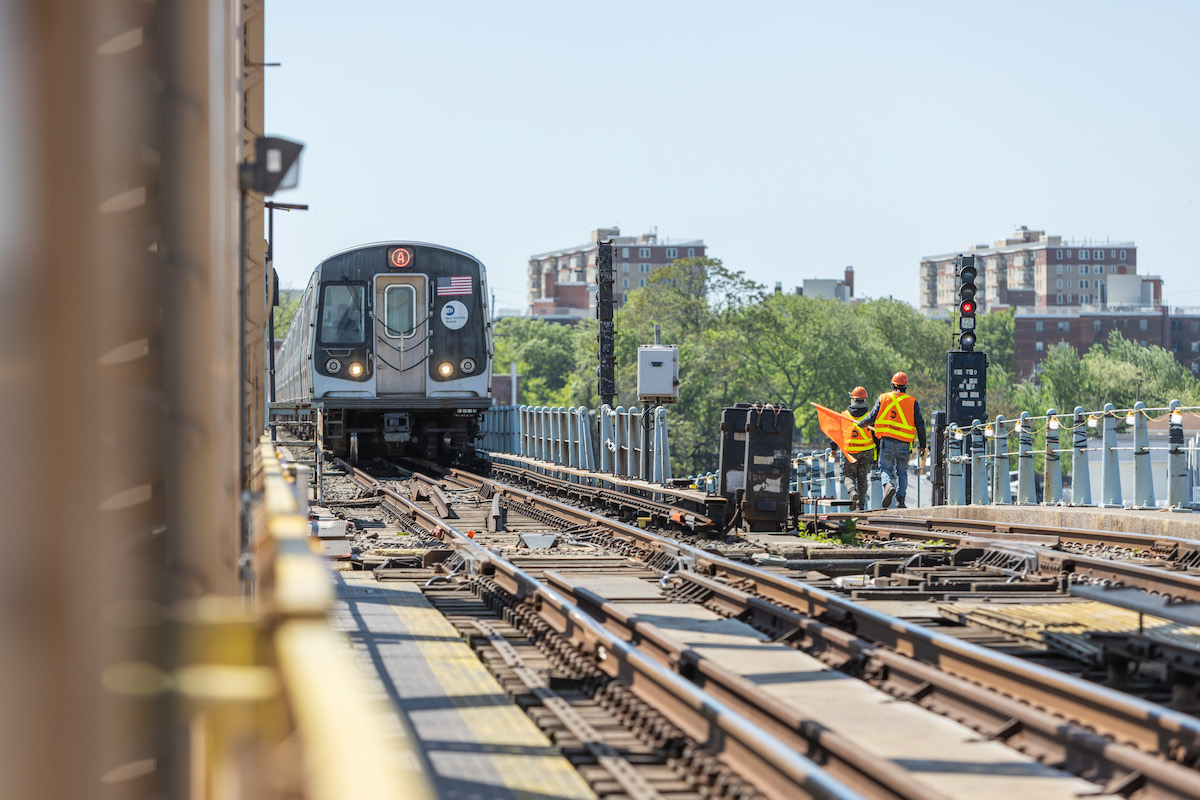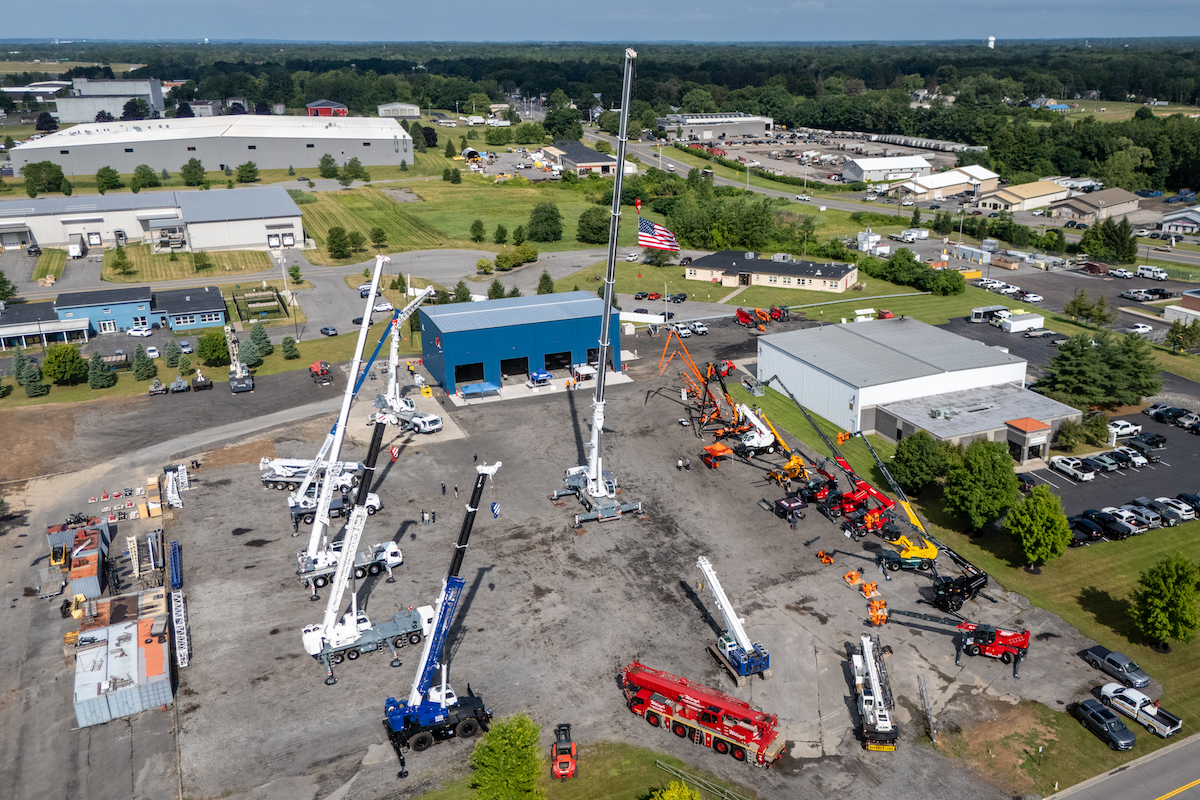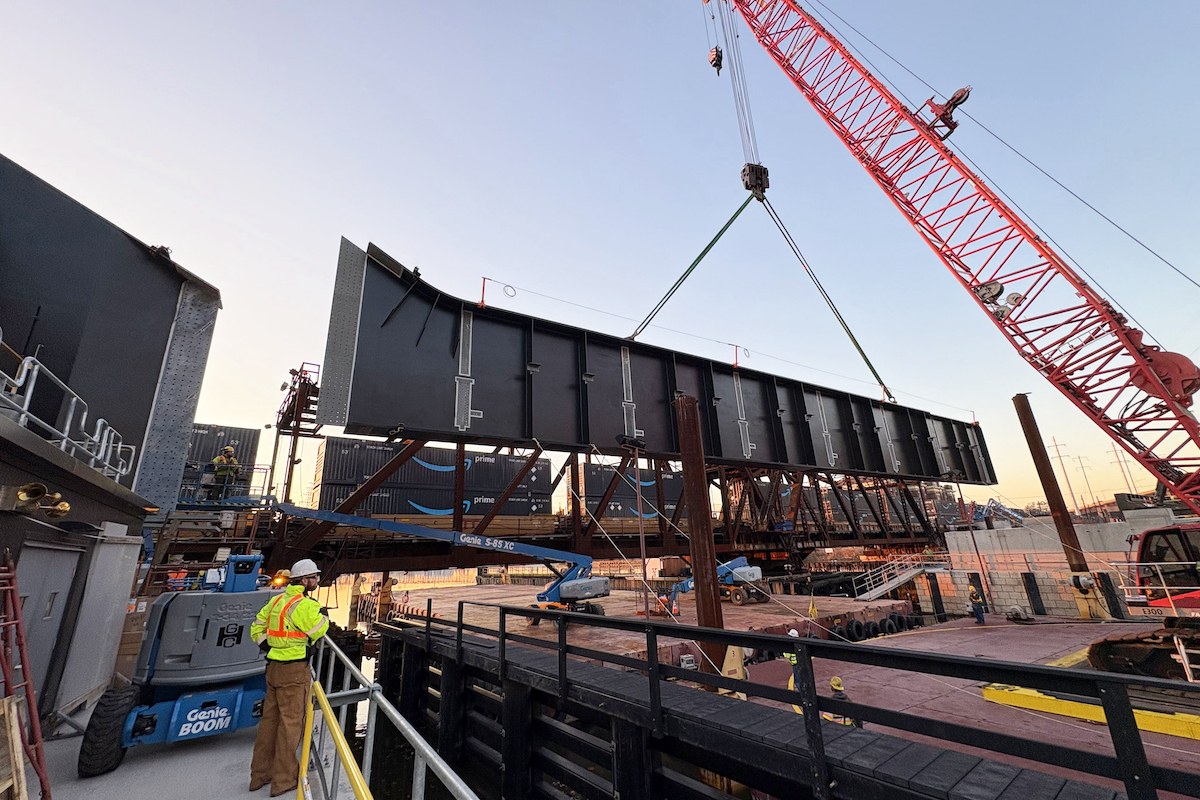Other panelists included Carlo Scissura, President and CEO, New York Building Congress (Moderator); Laura Bush, Director of Operations, NYC Metro Region, Consigli; Ian McNamara, Senior Vice President - East Region Development Director, WSP; John Rice, President & Principal, Legacy Engineers; and Kirsten Sibilia, Managing Principal, Dattner Architects.
Lieber provided an update on the MTA and the status of its financial stability as a significant factor in enabling an opportune moment for the MTA and the future of mass transit in the metro area. As a result, the MTA has become much safer and more efficient, and is on track to exceed new goals for modernization. The MTA also recently achieved its highest ridership since the pandemic, with over 6 million daily commuters, and its on-time performance is the best yet in the last 10 years. Lieber emphasized the importance of efficiency, and the vital role transit plays in getting people back to work in rebuilding the city and restoring the office sector.
Lieber underscored the importance of making investments to maintain and repair transit infrastructure, saying, “We should be investing every year to maintain a 100-year-old operation that is worth $1.5 trillion. That’s what it takes, and we need to be willing to invest.” The goal of the operation is to serve more people, while becoming more reliable and equitable than ever before.
With a $3.5 billion grant from The Federal Transit Administration, the MTA is currently working on implementing modern subway services, as described by Lieber. The next capital program may also include the recently proposed interborough express where the Bay Ridge freight line will be transformed into first-class transit.

| Your local Trimble Construction Division dealer |
|---|
| SITECH Allegheny |
| SITECH Northeast |
Lieber concluded by emphasizing the need for congestion pricing that has been largely unpopular, but much needed to reduce traffic in midtown so that emergency and other vehicles can provide critical service to the people within the city.
Panelists described resiliency challenges while discussing the potential impact of climate change on future projects. Rice underscored the importance of planning for climate change to become more resilient. “We have lots of work ahead of us in training a new generation of design professionals as we are working towards infrastructure that will accommodate climate change and cleaner energy sources,” he said.
Other futuristic considerations in new technologies were discussed as McNamara said that he expects technologies to have an outsized impact on A/E/C firms. “AI is absolutely going to change my business on a daily basis 100 percent," he said. "We are seeing new guidelines across the board concerning AI, and how these new things are going to fundamentally change the way we work and conduct our businesses.”
Other items such as frustrations with backlogs, continued delays in supply chains, and the impact of higher inflation costs were expressed among panelists. As infrastructure and IRA funding decisions are due out in 2024, panelists concluded that these will require the industry to be more adaptable and resilient than ever.
More positive news included new opportunities in health care construction, education, and life sciences. Bush said that “Consigli is currently working with five health care providers and that great opportunities were coming through the door."
Scissura concluded with this statement: “Our goal is to create incredible buildings for New York, and that’s what we are here for.”














